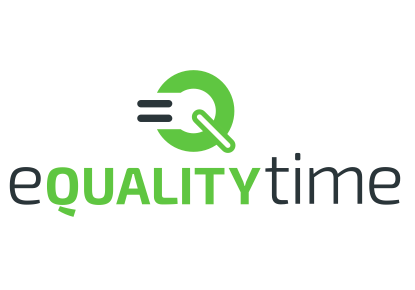Second in our series interviewing disability journalists is Dan Parton, editor of Learning Disability Today, the go-to magazine and website for learning disability news. Dan was kind enough to get to my questions on a busy day. As you’ll probably work out from the first question – this interview was conducted a few months ago – Dan was the most prompt reply. 🙂
JR: So you are fresh from your review of the top disability stories of 2014 – was there anything in particular that stood out for you?
DP: There were several stories that stood out in 2014, but perhaps the biggest was the tragic death of Connor Sparrowhawk in an assessment and treatment unit – which has been since called an ‘unnecessary death’. His mother’s campaigning to get justice for her son – nicknamed ‘LB – laughing boy’ – has been remarkable and could even lead to a change in the law, with the LB Bill, which is gathering traction at the moment.
JR: As the editor of a learning disability publication you are right at the nub of journalistic integrity – a lot of stories that cross you desk feature very vulnerable people – how does the need to cover stories responsibility weight down on you at all or do you accept it as part of your role?
DP: Covering stories responsibly is an accepted part of the role. As editor, I want to tell a person’s story, but I’m not after a sensational headline. Many of the service users involved are vulnerable, and I am always mindful of confidentiality issues – often people in case studies have their names changed to protect their identity. I don’t want to cause a person with a learning disability – or their family – any unnecessary stress by making it sensationalised. Being a specialist magazine going out to an audience in the sector, I don’t feel stories need to be sensational.
JR: Since taking the helm of learning disability today in 2010 you’ve been in charge of 24 issues, what where the stories that most surprised you with their reaction? Both a post generating more controversy than you expected and one that you thought was red-hot but sank without trace (forgive the mixed metaphors).
DP: In general, the stories in the magazine get the response I expect. Stories on Winterbourne View and its aftermath tend to get a lot of response, as do ones on healthcare inequalities, for instance.
JR: Six issues a year means that a lot of work goes into each one – do you find that you ever feel frustrated by the place of news? Do you find you have to discard stories because they would be out of date by the time the publication came out?
DP: With only 6 issues a year, news can be difficult because, as the question says, sometimes stories are out of date before the magazine comes out – part of the reason it only gets 2 pages. As a result I try to put in items that are less time-sensitive but useful or interesting – such as if a new best practice guide has been published, or quarterly statistics, or service-user focused items.
However, I’m not frustrated at this as I post news stories as and when they happen on the Learning Disability Today website (www.learningdisabilitytoday.

